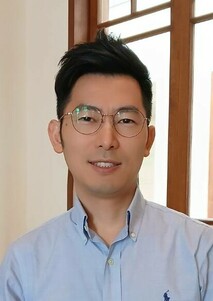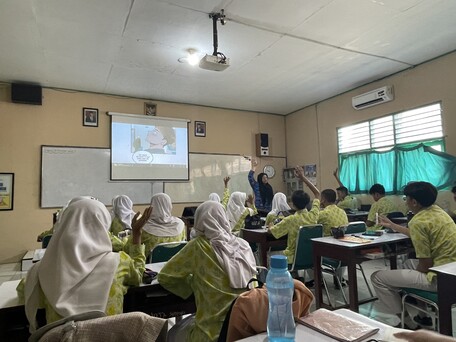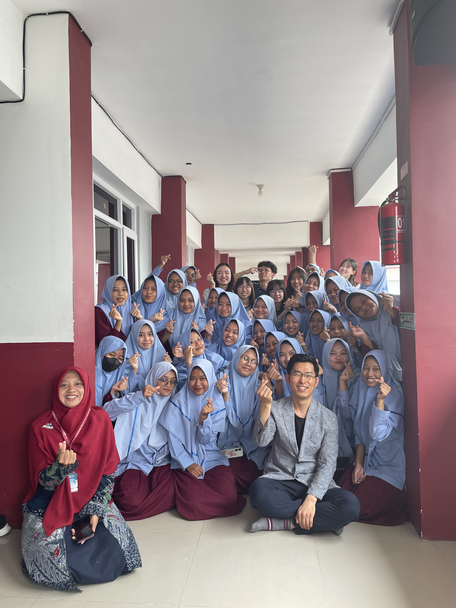Sociolinguistics
Improving language learning and digital citizenship through Sociolinguistics
The English Language Education (ELE) aims to be a leading research group in Sociolinguistics and education. Its research focuses on critical issues including the challenges faced by ethnic minority students and digital citizenship among adolescents in multilingual and multicultural classrooms. The team takes an interdisciplinary approach to its rigorous research and develops intervention programmes to improve awareness, attitudes, and behaviours among stakeholders. Its work, supported by competitive grants, has resulted in publications in internationally renowned journals.
Sustainable Development Goals
In 2015, UN member states agreed to 17 global Sustainable Development Goals (SDGs) to end poverty, protect the planet and ensure posperity for all.
The research team contributes towards the following SDG(s):
The programme addresses critical challenges in multilingual and multicultural educational contexts, focusing in particular on the educational experiences of ethnic minority students, digital citizenship among adolescents, and the development of teacher identity. It investigates how language policies, teaching methodologies, and educational technologies can better serve diverse student populations. The programme also examines the effectiveness of Content and Language Integrated Learning (CLIL) with translanguaging approaches and explores home-school partnerships to support student achievement among ethnic minorities.
This research is significant in advancing the understanding of sociolinguistics in educational contexts, especially in multilingual and multicultural settings like that of Hong Kong. It provides evidence-based solutions for improving educational outcomes for ethnic minority students while simultaneously developing innovative pedagogical approaches. The findings will influence policy and practice in language education, teacher preparation, and digital citizenship. They not only contribute to theoretical frameworks in sociolinguistics and education but also offer practical interventions to enhance teaching and learning in diverse environments.
The programme benefits multiple stakeholders, including students (particularly ethnic minorities and language learners), teachers (both pre-service and in-service), school administrators, policymakers, and parents. Its impact extends across educational levels, from young learners to university students, in Hong Kong, mainland China, and other English as a Foreign Language (EFL) settings. The research also benefits nursing education through CLIL applications and promotes digital citizenship development among adolescents. Its findings will be disseminate to, and contribute to, international academic communities through knowledge transfer events and high-impact publications.
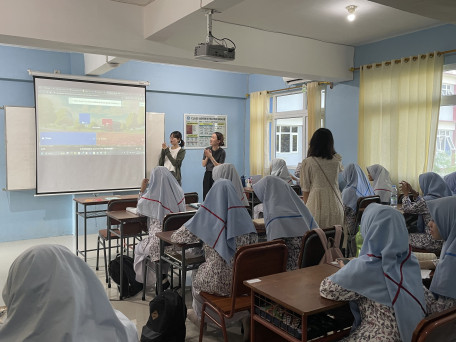
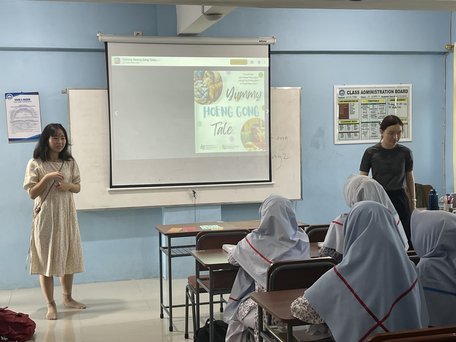
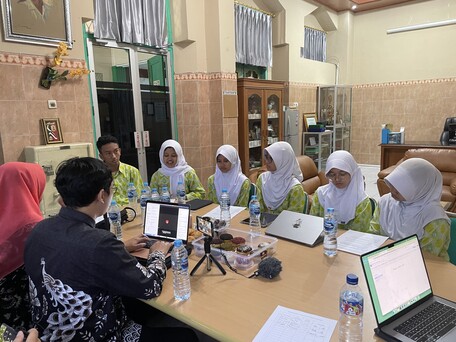
Externally Funded Research Projects
| Project |
|---|
SCOLAR (Research & Development Project) Innovating with a translanguaging/trans-semiotizing informed LAC model to improve ESL junior secondary students’ academic English literacy |
General Research Fund Bridging the Gap: Investigating the Effectiveness of Content and Language Integrated Learning (CLIL) with Translanguaging and Trans-semiotizing Pedagogy in Nursing Education |
Early Career Scheme Learning to Listen in EMI: The Effects of Strategy Instruction on Strategic Behaviour and Learner Uptake |
General Research Fund The impact of online social networking (OSN) practices on adolescents' online identity and self-concept clarity (SCC): Patterns and mechanisms |
SCOLAR Family Language Policy among Underprivileged Families in Hong Kong in the Digitalized Era: Antecedents, processes, and effects on English language learning |
General Research Fund Youth digital literacy practices, online social networking and well-being: antecedents, patterns and interplay |
General Research Fund Investigating Adolescents’ Digital Citizenship through Social Media: (Trans)Formation, Digital Literacy Practices and Influential Factors |
General Research Fund The Identity Construction Experiences of Teachers of English to Young Learners in Mainland China |
General Research Fund Preparing pre-service language teachers to teach critical thinking: An ethnographic case study in Hong Kong |
General Research Fund Home-School Partnerships to Support Ethnic Minority Student Achievement in Hong Kong |
Selected Publications
|
|
|
|
|
|
|
|
|
|
|
|
|
|
|
|
|
|
|
|
|
|
International achievements or awards
|





